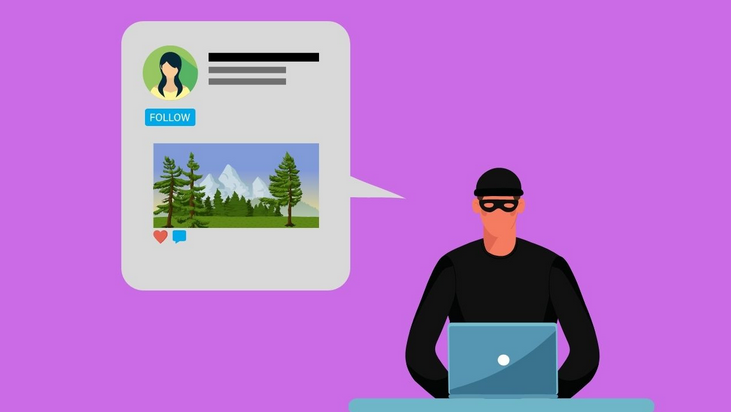Romance Scams Netted $547 Million in 2021, FTC Reports
According to a report published by the Federal Trade Commission (FTC), scammers earned $547 million in 2021 through fake “romance” accounts, with $139 million of that amount in cryptocurrency. These scams took place on dating websites and social media platforms. Compared to 2020, the total amount lost increased by $240 million.
How Romance Scams Work
The FTC explained that scammers create fake profiles on dating apps or social networks. Some even pretend to be real-life friends of their victims. Before reaching out, scammers carefully study the victim’s profile, noting hobbies and interests, and then highlight shared interests to build trust. They develop friendly or even romantic relationships but always avoid meeting in person.
Once the scammer has gained the victim’s trust, they start asking for money—often for gifts, a fabricated illness of a loved one, or to buy a ticket to visit the victim. Sometimes, they claim to have investment experience and offer to invest the victim’s money, promising large returns.
Trends and Tactics
The FTC’s analysis showed that in the past year, scammers increasingly used romantic pretexts. They would find victims on dating services and then move the conversation to a more private messaging app. Victims reported being asked to send money to cryptocurrency wallets or to load funds onto gift cards that could be cashed out.
Who Is at Risk?
Users aged 18 to 29 were most frequently targeted by these scams, with the average victim in this group sending about $750 to scammers. While there were fewer cases among users aged 70 and older, the average loss in this group was much higher—about $9,000 per person. In total, scammers collected $547 million through romance scams in 2021, including $139 million in cryptocurrency.
FTC Tips to Avoid Romance Scams
- Remember, no legitimate person will ask you to send money to a cryptocurrency wallet or via a gift card. Scammers use these methods to hide their tracks.
- Never send money to someone you haven’t met in real life, and don’t follow their investment advice without verifying their identity.
- If you start an online romance, tell your family or friends. If they express concerns, listen to their advice.
- Try doing a reverse image search of your contact’s profile picture. Scammers rarely use their real photos, and a search may reveal if the image is from a stock photo site or belongs to someone else.



